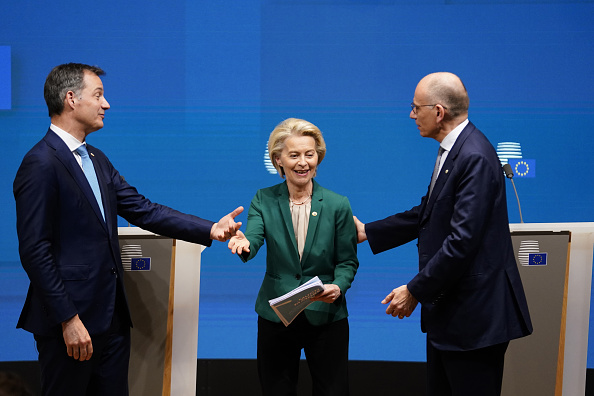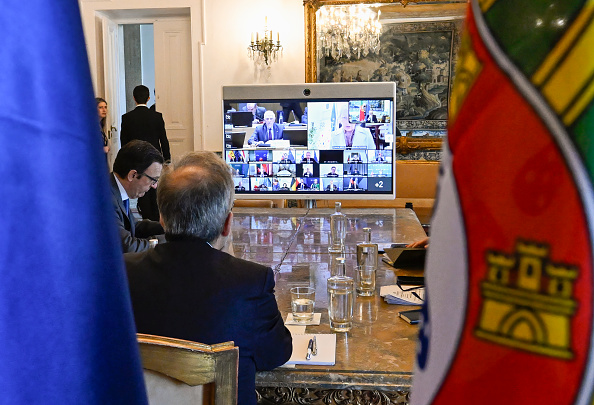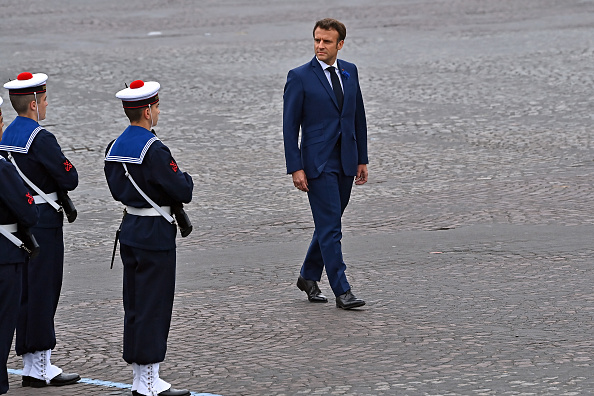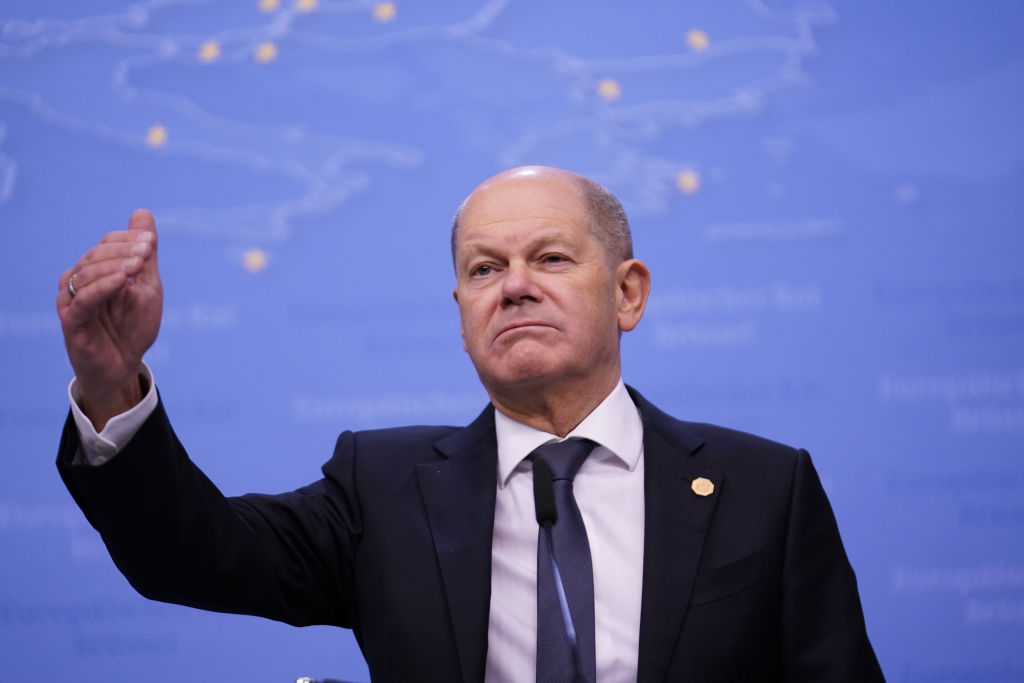European media has taken to blaming the “authoritarian would-be despot” former US president Donald Trump and the now-defunct Tea Party movement for the July 13 assassination attempt of the presidential hopeful.
Outlets in Germany, France, Ireland and beyond have all been running comprehensive coverage of the Butler, Pennsylvania shooting on July 13, with the consensus being that the event will likely alter the trajectory of US politics.
Many of the publications have also attempted to blame Trump himself for the attack, accusing him and his stoking of “divisive” rhetoric that had now sparked political violence.
Fintan O’Toole: For his already fanatical devotees Trump’s survival will add to his messianic appeal https://t.co/OUeIb1jtTV
— The Irish Times (@IrishTimes) July 15, 2024
“The former president played on his status as an outsider attacked by his adversaries while favouring violent rhetoric, in an America that seems to be becoming tribalised,” Laure Mandeville wrote in an analysis piece for French newspaper Le Figaro .
“The story he wanted to project of his political adventure since 2015 suddenly found itself spectacularly validated by the attack: that of a man who wants to be both a hero of the people and a victim.”
Germany’s Der Spiegel claimed the assassination attempt was ultimately the cause of a hatred originally aimed at Democratic former president Barack Obama.
In that outlet on July 15, analyst Alexander Sarovic cited the now-defunct Tea Party movement as a key ancestor of the current political division. He argued that the ideologically right-libertarian caucus worked to “demonise” the former Democratic president with “racist undertones” in a way that escalated tensions in the country.
“The influence of the right-wing populists on the Republican Party soon became so great that its congressmen almost completely refused to co-operate with the president,” Sarovic wrote.
L’attentat contre Donald Trump menace de plonger l’Amérique dans le chaos
Le candidat, d’ordinaire adepte des invectives, a lancé un rare appel à l’unité pour tempérer le climat politique de plus en plus violent outre-Atlantique.https://t.co/SdqYFplali ↓
— Le Figaro (@Le_Figaro) July 15, 2024
The Irish Times published an opinion piece by key columnist Fintan O’Toole which lashed out at Trump, the gun lobby and the former president’s “fanatical supporters” for violence, with the prominent liberal commentator bemoaning the surge of sympathy for the former president.
“If things were different, if there was space for a collective rational reflection, this would be an opportunity for Americans to think about the ways Trump himself has injected violence into their politics: urging his supporters to beat up protesters at his rallies, stirring hatred against human ‘vermin,’ giving encouragement to armed neo-Nazi and white supremacist militias,” said the author, who also writes regularly for the New York Times and The Guardian.
“It might also have been a chance to probe the psychotic nature of America’s gun culture. It might be a time for rueful contemplation of the irony that Trump himself has weaponised that culture for electoral purposes. In May he received the official endorsement of the National Rifle Association and pledged to take up its cause as ‘the best friend gun-owners have ever had in the White House’.
“Were there any possibility for a reasoned response to the assassination attempt it might consider the ways a culture in which possession of a killing machine is a “testament to freedom” is also one where an authoritarian would-be despot like Trump can symbolise freedom for tens of millions of Americans,” O’Toole concluded.
Numerous publications also highlighted how Trump’s supporters rallied behind the president following the attack — deriding that as granting him an almost saintly disposition in the public sphere.
Donald Trump ist zum Wahlparteitag im Bundesstaat Wisconsin eingetroffen. Rund 24 Stunden nach dem Attentat wird die neue Strategie klar: Der Ex-Präsident will sich dort zum Heiligen verklären lassen. https://t.co/pYaTIydNlO
— DER SPIEGEL (@derspiegel) July 15, 2024
“Anointed, hunted, favoured by God: Trump has finally mutated into a martyr and saviour of the MAGA movement,” Der Spiegel ‘s Marc Pitzke wrote.
O’Toole also bemoaned the presidential hopeful’s “messianic appeal”.
“Since God has spared him those who resist him are not merely political opponents. They are infidels,” he said.
Other outlets have taken a more neutral stance on the issue.
The Netherlands’ De Telegraaf said the shooting would be a “game changer” for the upcoming US elections in November.
“Trump showed himself to be both combative and presidential after the attack. He clenched his fist on stage after being shot in the ear, before being led away by the Secret Service,” De Telegraaf journalist Paul Jansen wrote.
“Americans relish such fearlessness. Above all, he showed himself to be presidential by later calling for unity.”
COMMENT: Trump was inches from losing his life, and is now inches from regaining the presidency. Because it was not the assassination attempt itself that produced the most impressive pictures, but Trump’s reaction to it, writes @Raphfel. https://t.co/fL1n0Ivp0T
— Brussels Signal (@brusselssignal) July 14, 2024





